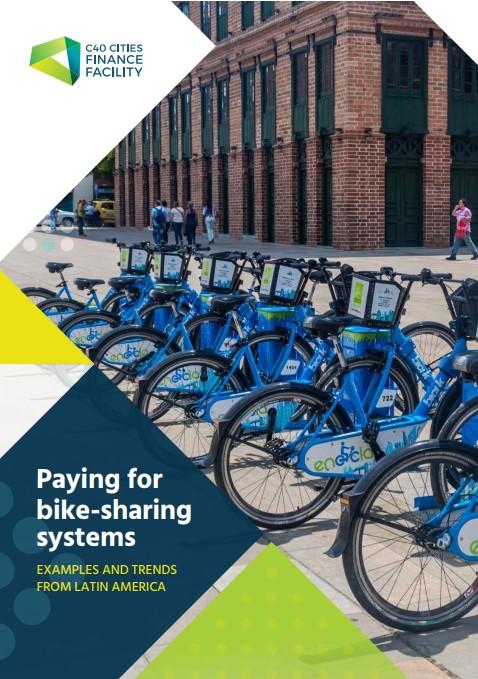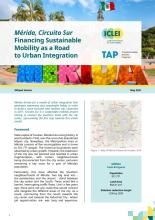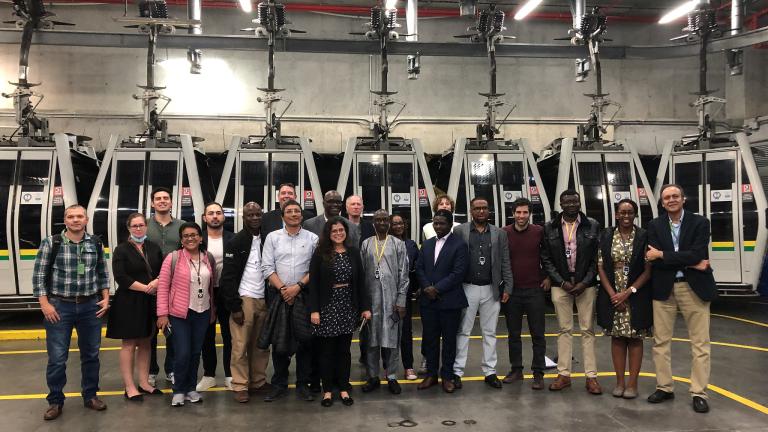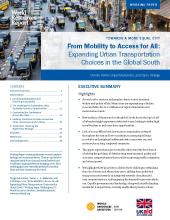Toolkit

Paying for Bike Sharing Systems: Examples and Trends
This toolkit explains the various financing and funding options available for bike-sharing systems, focusing on Latin American cities.
Cities in Latin America aiming to promote sustainable mobility, and cycling in particular, should consider establishing a bicycle-sharing system (BSS). These systems can be an important element of a city’s transport infrastructure and are relatively cheap to implement, with a multitude of financing and funding options available.
This C40 Finance Facility report outlines the available financing and funding options for BSS. Cities in Latin America have followed a variety of these financing models. Buenos Aires initially owned and operated its BSS, Ecobici, which is subsidized and free to all users. In Mexico City, the city owns the assets behind Ecobici, but the system is operated by Clear Channel Outdoors, an advertising agency. Other schemes, like Bike Rio, are run entirely by private companies based on a concession.
Business models need to be based upon careful consideration of what a bike-sharing system can do for a city, and whether the city has the capacity to plan and manage such a system. The decision to resort to financing from the municipal budget or to the private sector should be made based on what is best for the BSS.
This document is available in English, Spanish and Portuguese.
READ MORE

Financing Sustainable Mobility as a Road to Urban Integration
Launched in 2017, Circuito Sur is a sustainable mobility project in Mérida, Mexico that aims to connect the city's underserved southern areas with the center, representing the first step toward a model of urban regeneration, inclusion and resilience.

Urban Cable Cars in Medellín
This Peer-to-Peer Exchange brought together 20 participants from Freetown, Lima and Medellín to discuss planning and implementing urban cable cars within an integrated transportation system.

From Mobility to Access for All
This paper highlights priority actions and enabling conditions for improved urban mobility, which can lead to enhanced social equity and environmental quality.

UNEA-7 Cities and Regions Summit
Hosted in the lead-up to UNEA-7, this Summit will unite subnational leaders to strengthen collaboration and amplify the importance of cities.
